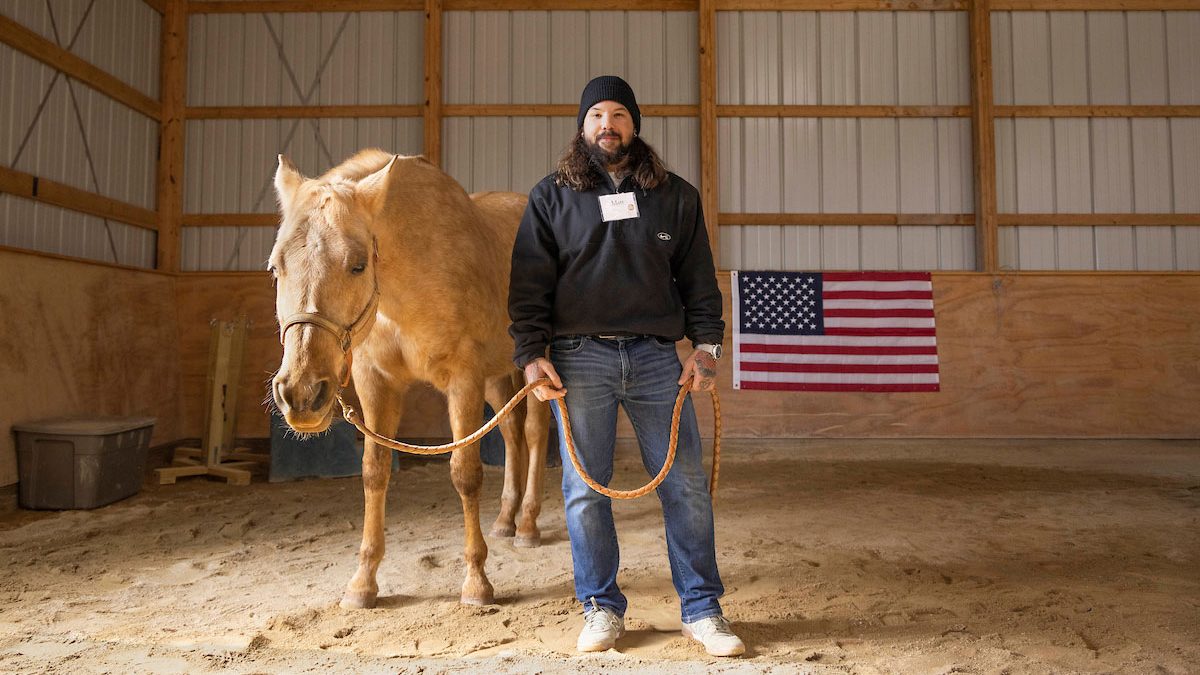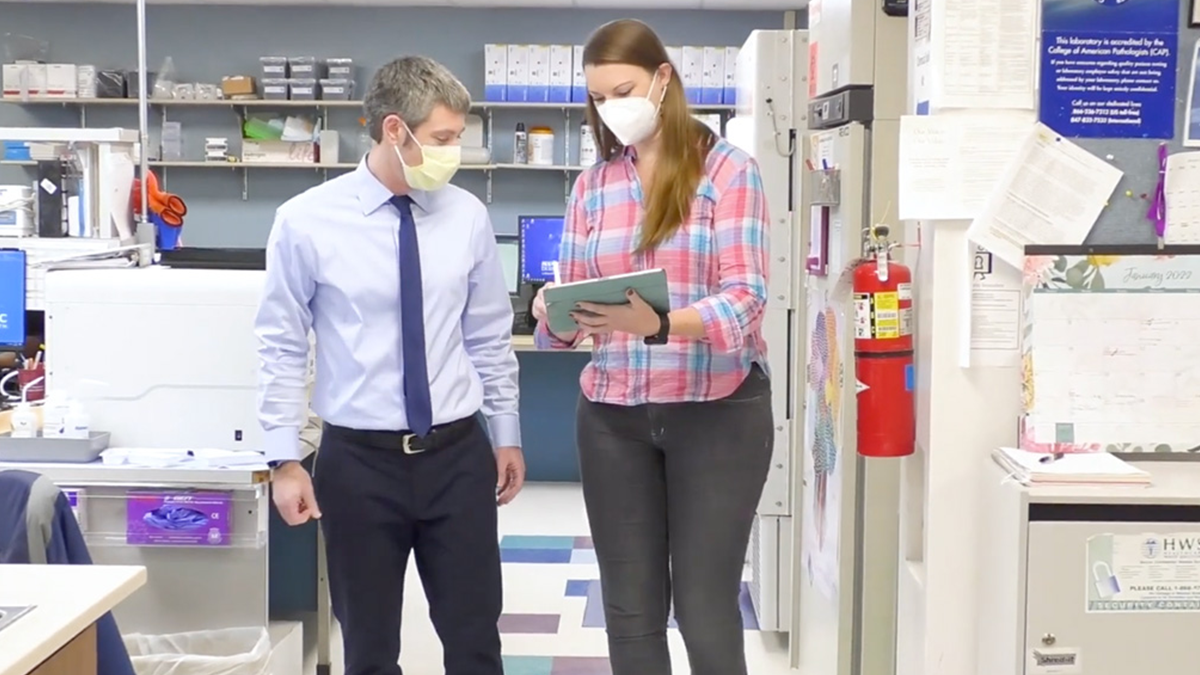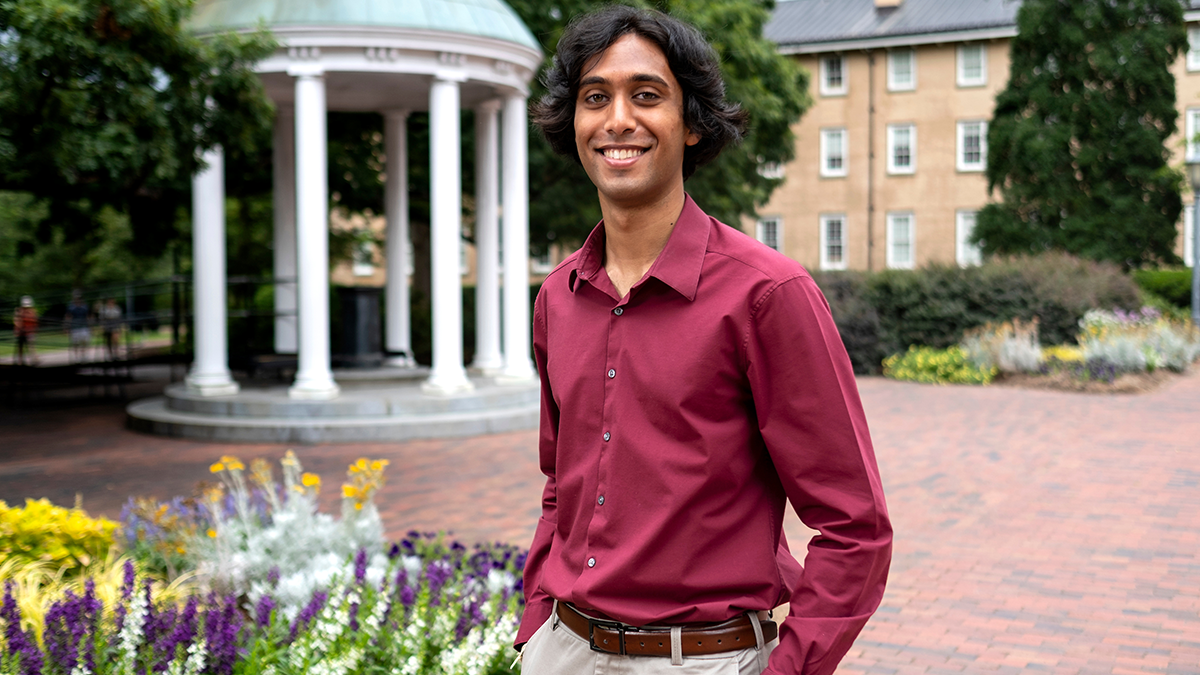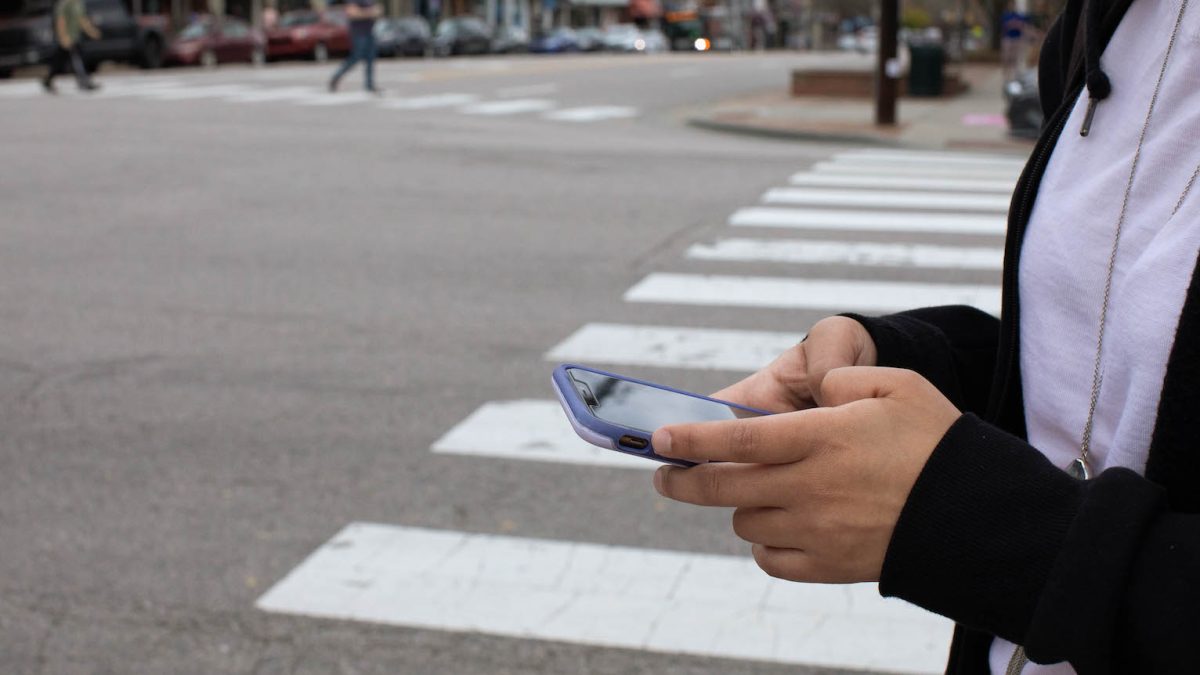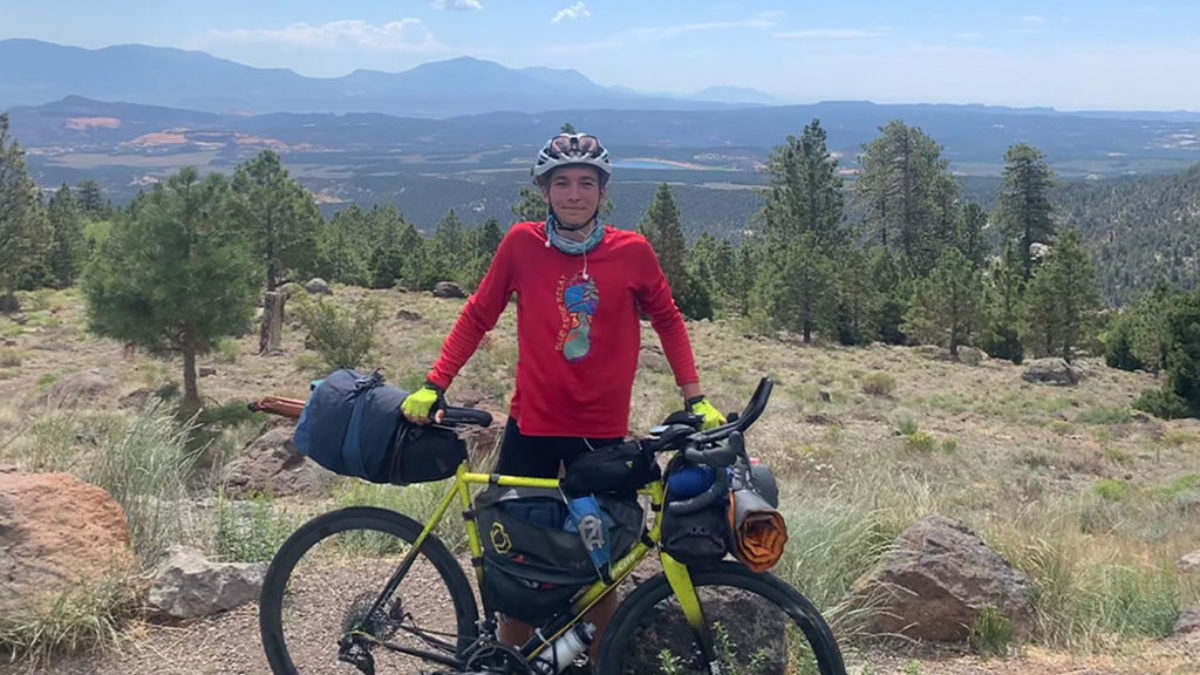Developing a Sweeter COVID-19 Test
Carolina researchers have designed a rapid sensing COVID-19 test using sugar to take advantage of the virus’s sweet tooth.
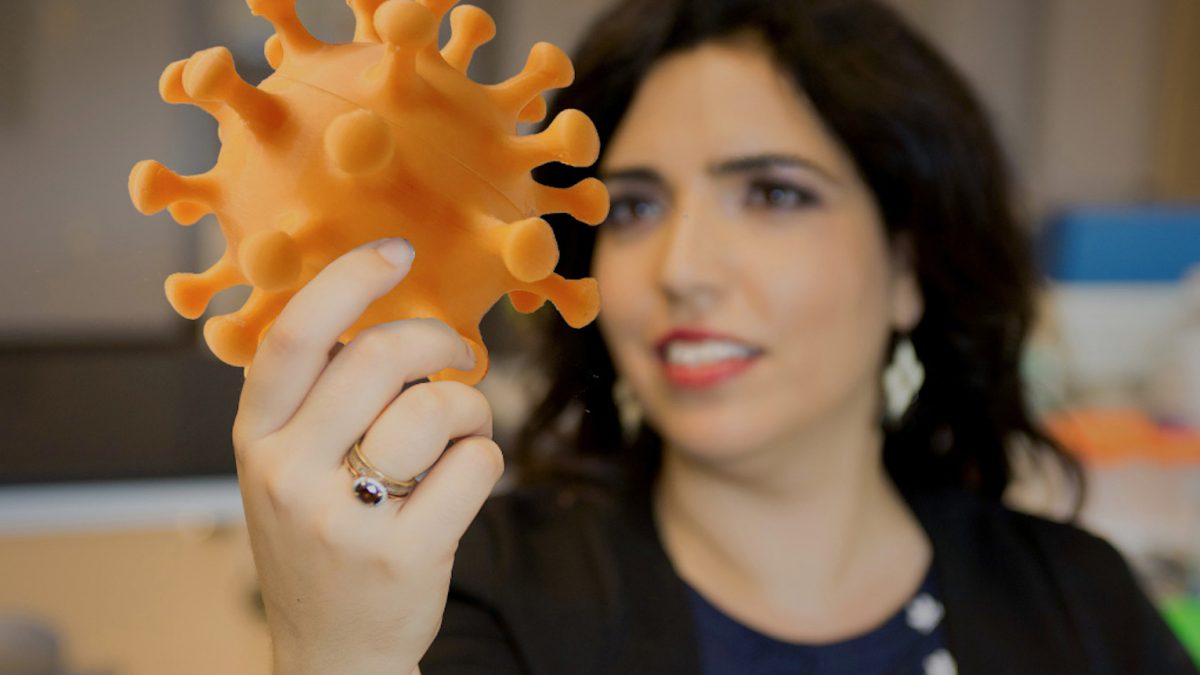
Carolina researchers have designed a rapid sensing COVID-19 test using sugar to take advantage of the virus’s sweet tooth.
Even those tracking each new discovery about the coronavirus and its variants may not be aware of the virus’s sugar cravings.
An interdisciplinary team of researchers at the University of North Carolina at Chapel Hill and University of California San Diego took advantage of the virus’s sweet tooth in the design of a sugar-coated COVID-19 test strip that’s been effective at detecting coronavirus.
This new test, named GlycoGrip, adapts natural biology to reliably capture the SARS-CoV-2 virus and allow for a simple and accurate detection of COVID-19 infection within minutes. Its low cost, portability and ease of manufacture could make it globally available, especially in rural or low-income areas that typically lack easy access to expensive PCR testing equipment.
The findings were published Dec. 15 in the journal ACS Central ScienceOpens in new window.
“We have turned the tables on the virus by using the same sugar coat it binds to infect cells – to capture it into our sensor,” said Ronit FreemanOpens in new window, co-corresponding author of the paper. Freeman is an associate professor of applied physical sciences and biomedical engineering in the College of Arts & Sciences at the University of North Carolina at Chapel Hill.
The test is inspired by the natural biology of epithelial cells – those that are targeted and infiltrated by SARS-CoV-2, the virus that causes COVID-19. These cells are coated with a dense matrix of sugars called the glycocalyx, and it’s this sugar net that the virus exploits to cause infection.
Freeman’s work was supported by the UNC Institute for Convergent Science with a $15,000 grant from the Louise F. Brady Family Fund for Excellence in Convergent Science, which helps Carolina faculty clear obstacles created by lack of time, space, or support.
